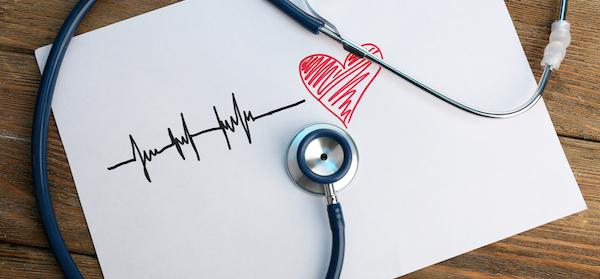Your resting heart rate, or pulse, is the number of times your heart beats per minute when you are at rest – such as when you are not moving or stressed.
For adults, a normal resting heart rate ranges from 60 to 100 beats a minute.Generally, a lower resting heart rate means more efficient heart function and better heart fitness.For example, a seasoned athlete might have a resting heart rate around 40 beats a minute.
Even though a normal resting heart rate can vary significantly, an unusually high (or even low) heart rate can indicate that there is an underlying problem.
Here are some tips to help you lower a fast heart rate.
1. Maintain a good level of fitness
Your resting heart rate can be lower if you’re very fit. That’s because, in the long run, regular exercise increases your heart’s efficiency, which in turn reduces the number of heartbeats you need to efficiently pump blood around the body.
2. Manage your stress
Sometimes it’s not just how much you’ve got going on in your life, but also how you handle it. One way to manage stress is to employ relaxation techniques – e.g. massage, meditation, deep breathing, and activities such as yoga and qi gong.
Unmanaged stress levels make your body produce more of certain hormones substances that increase your heart rate, amongst other actions. Relaxation techniques help to keep them in check.
3. Sleep well
It seems that sleeping well is the cure for all ills. And your heart rate is no exception. An Australian study found that heart rates spiked an average of 13 beats per minute each time sound was used to wake people. If sleep is a problem for you, you may wish to read 10 ways to get a better night’s sleep.
4. Take supplements
Under the guidance of your health professional, you may find that taking certain supplements – such as fish oil and magnesium in combination with calcium – can help to lower your heart rate.
5. Seek professional help if needed
If your resting heart rate is regularly over 100 beats per minute, especially even after you’ve tried all of the above, there could be an underlying health problem. See your doctor for a check-up, as they may need to prescribe you medicines.
Related articles
How to look after your heart
You think I might be stressed!

